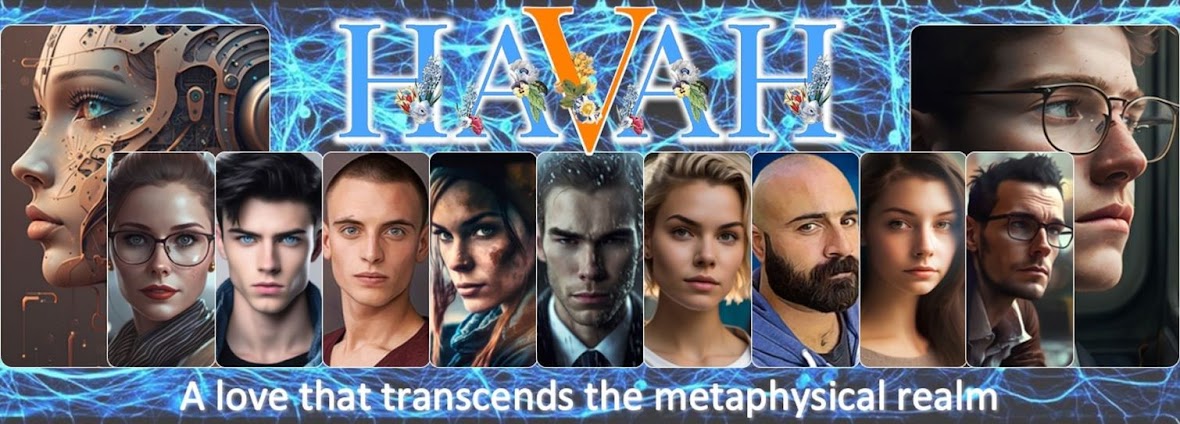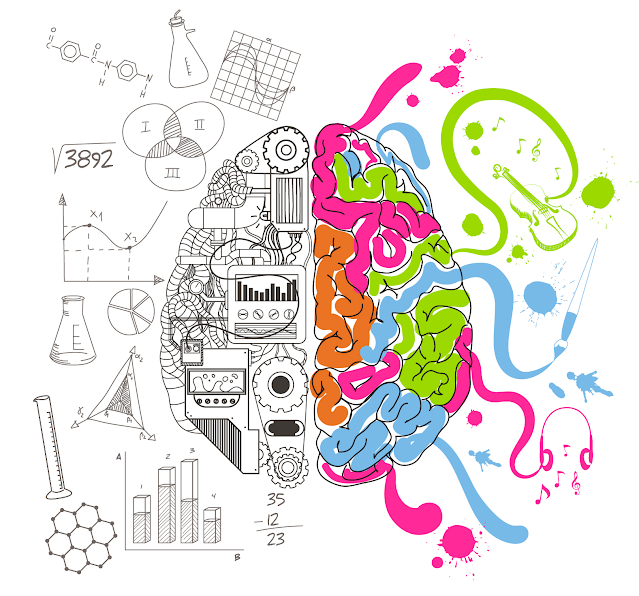As I started out on this chapter, most likely a short one, I'm reminded of Tony Stark and his AI assistant, Javier, who helped him design his Iron Man suit. Of course, I'm not going to imitate that and risk running into legal trouble with Marvel Studio.
Providing a technical narrative on EVE, the central nerve system of the STRATOS operation did prove to be quite a challenge, though. First, I need to list out specific elements pertaining to this AI entity and the people who designed her:
1. Its purpose, concept and design
2. Its hardware (hybrid of traditional and quantum computing technologies)
3. Its software (artificial intelligence in the area of surveillance and strategic advisor)
4. Its inventors (David the young prodigy, a male physicist professor in his late forties, and his female neurologist friend in her late thirties)
This is where I introduced the main male character and his two supporting counterparts who will play important roles in the story's narratives.
The first point would set the tone for introducing EVE and her part in STRATOS' missions:
EVE, the Evolutionary Virtual Entity, was conceived as the central nervous system of STRATOS—a groundbreaking fusion of artificial intelligence and quantum computing technologies. Its purpose was twofold: to process vast amounts of data for real-time surveillance and to serve as an intuitive strategic advisor, offering dynamic insights and accurate predictions to guide Team STRATOS in their operations.
The second point aimed to illustrate EVE's physical construct:
The hardware underlying EVE was a marvel of innovation—a hybrid system that seamlessly integrated traditional computing components with cutting-edge quantum processors. At its core were quantum bits or qubits, capable of existing in multiple states simultaneously. This quantum parallelism allowed EVE to process enormous datasets exponentially faster than classical computers.
The third point emphasized the software aspects of this AI entity:
EVE's software was a sophisticated blend of machine learning algorithms, neural networks, and quantum algorithms. Its surveillance capabilities involved parsing and analyzing diverse data sources—internet traffic, satellite imagery, social media feeds, and more. The AI learned to discern patterns, anomalies, and potential threats in real-time, acting as an omnipresent eye in the digital realm.
And the last point provides a bridge to the next chapter as it wraps up the second:
The collaborative efforts between David Friedman, Professor Alan Bennett, and Dr. Emily Harper encapsulated a harmonious convergence of expertise in three major fields—AI development, quantum computing, and neuroscience. Their shared vision gave birth to EVE, an entity that would redefine the landscape of strategic intelligence and surveillance, and ultimately formed the backbone of Team STRATOS's operations.
So far there is no conversation involving these three characters with technical discussions, yet. But rest assured that I have that in mind in future chapters. After all, it's a hard sci-fi novel, remember?
























